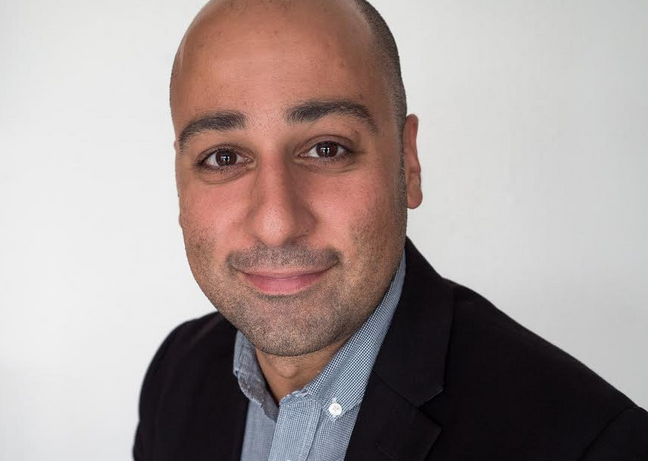
A Paris-based aerospace accelerator is opening a branch in Singapore
Will it spark interest in aerospace innovation?
Capitalising on its success and on the aerospace industry’s interest in start-up innovation worldwide, Paris-based Starburst Accelerator is opening its next branch in Singapore this year. A launch event will be held at TechVenture on September 21.
Starburst Accelerator bills itself as the largest aerospace accelerator in the world. In 2015, it launched its program in El Segundo, California and set up a third office in Munich. They have been working with leaders in the airspace market, such as Airbus Group, Northrop Grumman and Thales Group, to help entrepreneurs grow their own startups and get their technology in front of industry leaders.
Other key leaders participating in the aerospace sector include Lufthansa Technik, Safran, Liebherr Aerospace, Panasonic Avionics, Air France Klm.
According to Van Espahbodi, co-founder and partner at Starburst Accelerator, they see so much potential in Singapore as even though aerospace has a strong heritage here, it remains largely detached from the startup and VC ecosystem. He noted that there is a ‘powerful’ cross section of aerospace engineering talent with emerging tech venture in Singapore that makes it a regional hub. As such, besides the existing talent in aviation Maintenance, Repair and Overhaul providers, Research & Development and Training, Van explained it's a natural progression to build on space technology and the growing talent pool in the greater region through Singapore.
“Following the precedent with SpaceX, Blue Origin and Virgin Galactic, there is a significant rise in talent and capital looking for access, no longer in just the US or EU, but even more-so in Asia,” he said.
Unlike in the U.S. and Europe where Starburst Accelerator’s partners are domestic, they are taking a different approach in Singapore to include the greater region from Australia, NZ, India, Japan, Korea, as well as US and EU partners looking to grow their footprint here.
According to Van, part of the equation in Singapore expansion is identifying tech from other sectors that can easily transfer to aerospace, including Internet of Things, robotics, and artificial intelligence. It also aims to help traditional aerospace sector consider creative partnership models that attract the next generation of talent sitting right under their nose.
“It's an exciting time for aerospace. Technology is changing the way passengers travel and it's creating a new competitive landscape from telecom, finance, agriculture and more looking for improved access to information,” he said.
Globally, Van said that new and affordable small satellites are offering investors better intelligence than government, using deep learning and imagery tracking to spot the number of cars shipped into a port, quantities of oil measured, ship tracking and more. In Singapore, satellite-powered data company Spire, he said, is a good example of a startup that is prepared to offer flight tracking at a much lower cost than major investments like American aircraft manufacturer Aerion which is backed by a global consortium of governments.
Spire is originally from San Francisco but has an additional office in Singapore.
“The best plan for Singapore is to leverage its next generation of tech talent and allow established aerospace to consider new partnership models that don't result in immediate M&A but instead nurture a collaboration in product development, especially as aerospace embraces more of a services business model,” he said.
























 Advertise
Advertise






